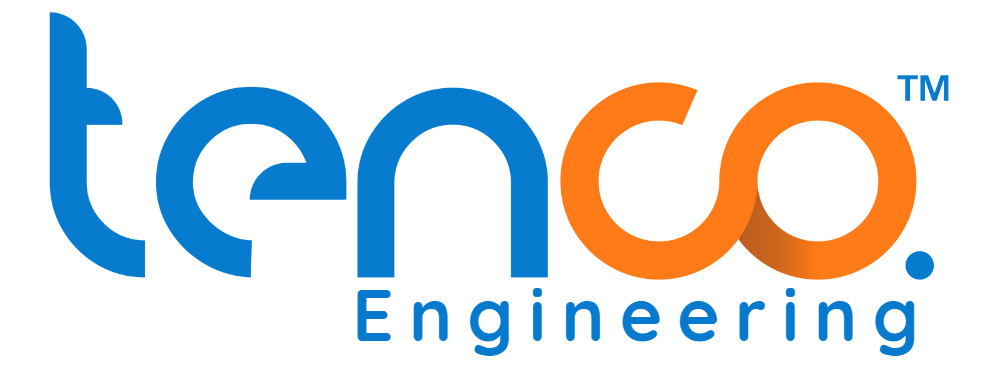How Solar Power Can Slash Your Warehouse Energy Costs What if you could cut your warehouse’s energy costs and start saving from day one? Industrial warehouses in Pakistan are major...
info@tencoengineering.pk
Call Us
+92 300 500 6839
Monday - Satday:
10am - 6pm
Schedule Site Survey

